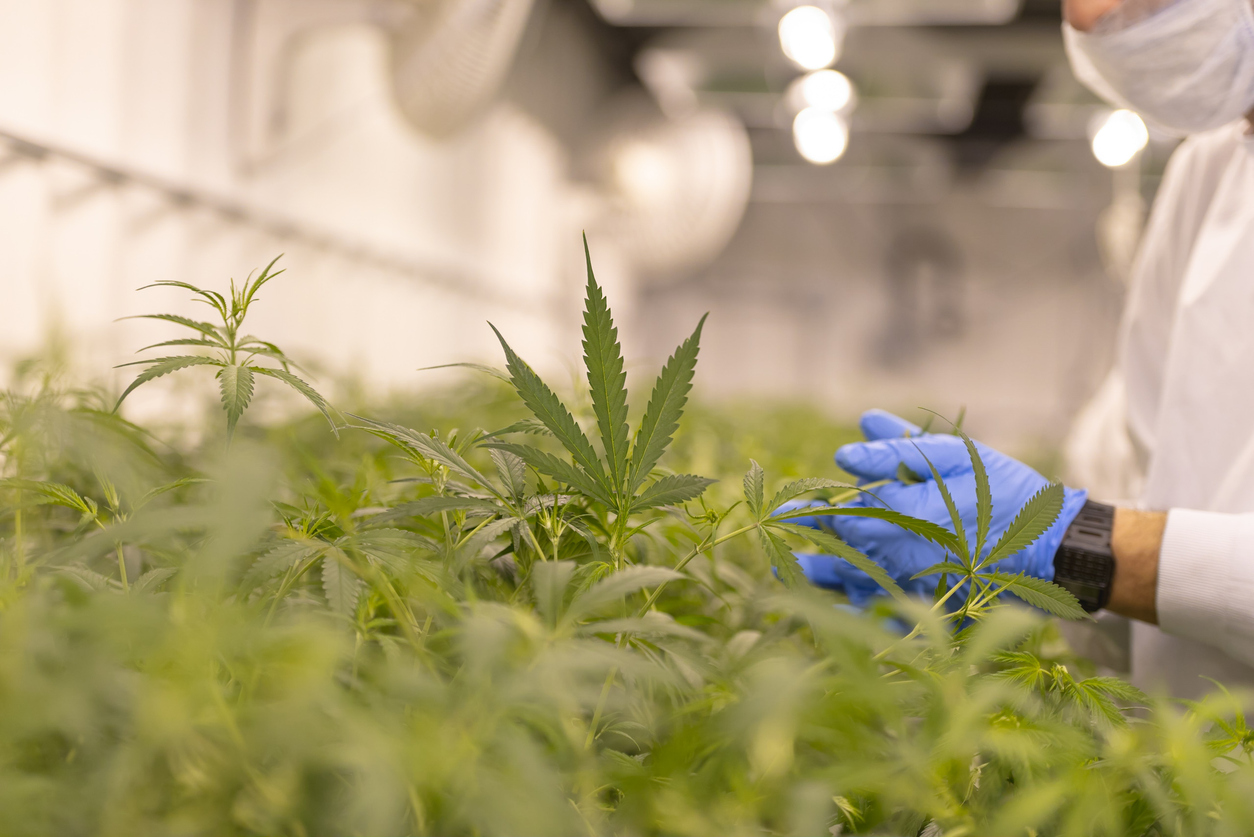As the global tobacco and nicotine market evolves, nicotine pouches are emerging as a popular choice among consumers seeking alternatives to traditional tobacco products. These pouches, known for...
Securing the Future: What Cannabis Can Learn from Tobacco?
Cannabinoids

May 21, 2024 | Published by Cristelle Santos
Cannabinoids
Insights from the Cannabis Science Conference
At the Cannabis Science Conference in Kansas City on the 8th and 9th of May, various speakers highlighted the crucial lessons the cannabis industry could learn from the tobacco industry. Drawing from my experience as a toxicologist in both industries, during my presentation, I emphasised a vital strategy for ensuring long-term success in the cannabis market: avoiding doing just the bare minimum to meet current regulatory requirements. In my presentation, where I discussed the current global regulatory and safety requirements for CBD products, I underscored the importance of proactively enhancing the safety of cannabis products and the self-regulation of the industry. By doing so, companies can better prepare for future regulations and ensure their sustainability in an increasingly stringent regulatory environment.
The Vaping Industry's Journey
The late 2010s saw a dramatic increase in the use of flavoured vape products among teenagers, leading to a nationwide outcry. By 2017-2018, the surge was so significant that it prompted some countries to take action. The result? A ban on flavoured pods, driven by survey data indicating high usage among minors. This regulatory response was not limited to vape products; it soon extended to all flavoured nicotine products, reflecting the power of swift and comprehensive regulatory measures.
Emerging Concerns in the Cannabis Industry
Similar trends are emerging in the cannabis industry, particularly with the rise in accidental poisonings among children consuming cannabis edibles packaged to resemble sweets. The FDA has already begun issuing warning letters to companies producing such products, hinting at a forthcoming wave of stricter regulations. The cannabis industry is on the verge of facing a moral panic similar to the one the tobacco industry experienced with flavoured nicotine products.
Proactive Steps for the Cannabis Industry
To avoid the obstacles previously encountered by the tobacco industry, the cannabis sector must be proactive. This means generating comprehensive scientific data on the safety and effects of cannabis products. Some of the critical areas of focus should include:
- Chemical and Physical Characterisation: Understanding the detailed composition of cannabis products.
- Toxicology and Risk Assessment: Ensuring all ingredients meet high standards and conducting thorough risk assessments and/or toxicology testing.
- Product Stability: Verifying that products maintain their integrity over time, including identifying and quantifying degradants over the product's shelf life.
- Human Impact Studies: Investigating how cannabis affects users, including the potential for addiction and long-term health effects, which has been an area of concern that the FDA and EFSA have raised.
By prioritising these areas, cannabis companies can build a solid foundation for regulatory compliance and avoid the disruptive impact of rushed regulations.
Anticipating a Rigorous Regulatory Environment
The tobacco industry's experience shows that waiting for regulations to be imposed can be detrimental. Instead, the cannabis industry should anticipate and prepare for a rigorous regulatory environment. This involves not only adhering to current safety standards but also staying ahead of potential public health concerns. By doing so, companies can ensure their products remain on the market and maintain consumer trust.
Conclusion
The cannabis industry stands at a critical juncture. By learning from the regulatory challenges faced by the tobacco industry, cannabis companies can navigate the complex landscape of product safety and compliance. Proactive measures, robust scientific data, and a commitment to transparency will be vital to thriving in this evolving market. Let's take these lessons to heart and build a responsible, sustainable future for the cannabis industry.
Click Here to learn more about our Cannabis Services.


